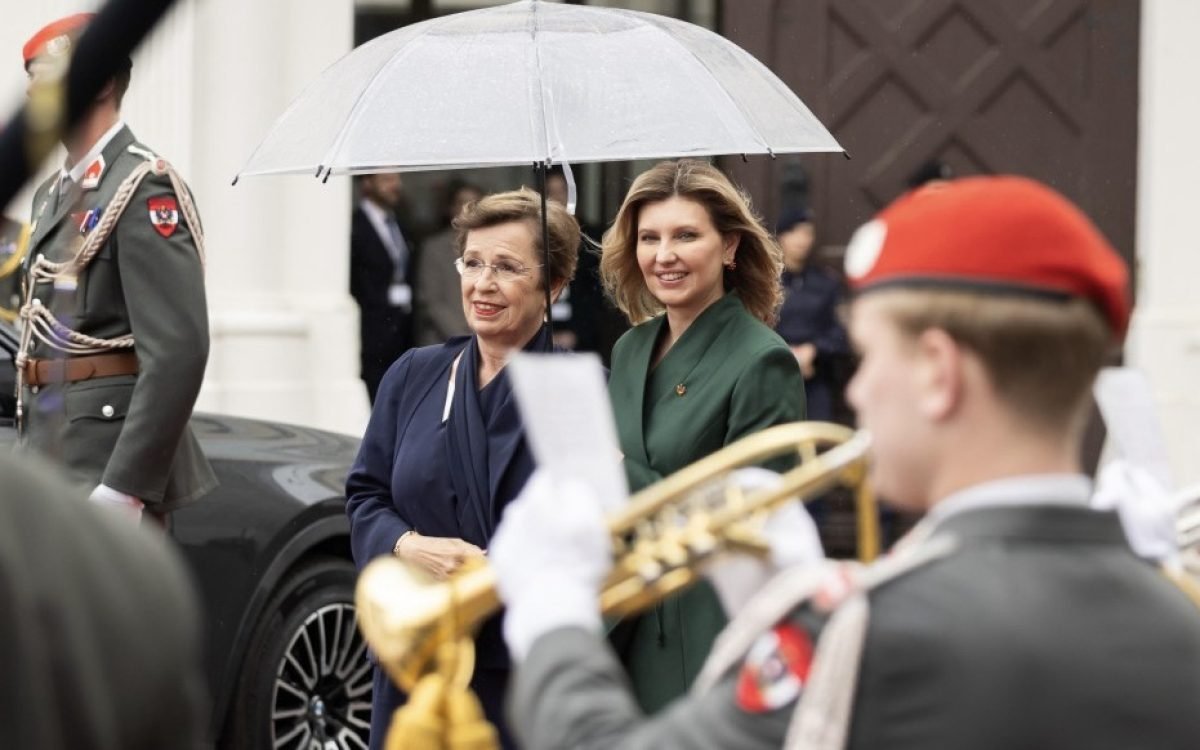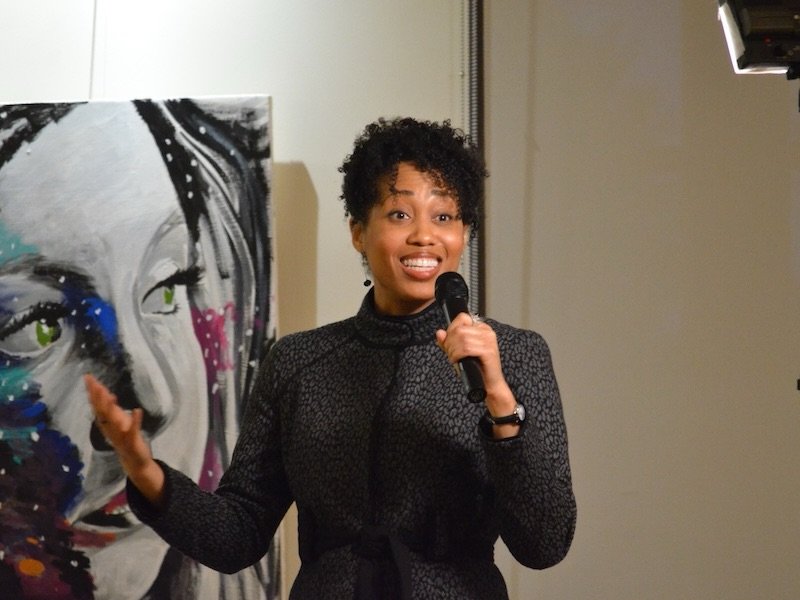In the heart of Vienna, a city famed for its classical music, elegant cafés, and rich imperial history, a different kind of symphony was playing—one of diplomacy, inclusion, and cultural resilience. Ukraine’s First Lady, Olena Zelenska, visited Austria this week on a mission that resonated far beyond politics. Her agenda was a blend of recovery, accessibility, and national pride—beautifully stitched together with quiet strength and global impact.
It wasn’t just a diplomatic visit. It was a statement of endurance, a reaffirmation of Ukraine’s commitment to progress, even amid the chaos of war.
A Meeting of Minds: Two First Ladies, One Shared Vision
Zelenska was welcomed by Doris Schmidauer, First Lady of Austria, a fellow advocate for social inclusion and human dignity. Their meeting wasn’t ceremonial—it was strategic. From disability rights to community recovery, both leaders explored ways to strengthen bilateral cooperation. And behind every handshake and photo-op was a deeper, more urgent goal: building a future where no Ukrainian is left behind.
“I’m glad to have the opportunity to learn from Austria’s experience and see best practices in supporting people with disabilities,” Zelenska shared.
This collaboration is not new—but now, it’s more critical than ever. With Ukraine enduring prolonged conflict, Austria’s continued support, especially in hosting Ukrainian youth for rehabilitation and recovery for the fourth consecutive year, is nothing short of life-changing.
Learning From Vienna: Urban Accessibility in Action
One of the highlights of Zelenska’s visit was a stop at the U2/U5 Info Center, a hub showcasing Vienna’s commitment to inclusive public transport. Here, inclusivity is not an afterthought—it’s built into the system.
From tactile walking surfaces for the visually impaired to step-free access and smart navigation systems, the infrastructure reflects a culture that prioritizes mobility for all. Zelenska explored how these design philosophies could be integrated back home, aligning with Ukraine’s own “Movement Without Barriers” initiative.
“Supported living is now being introduced in Ukraine by the Ministry of Social Policy,” Zelenska said. “I thank Austria for the inspiration and knowledge to help us create the best conditions for Ukrainians.”
The learnings from Austria could fuel a transformation in Ukraine’s urban planning, redefining what it means to move freely in a post-conflict society.
A Cultural Bridge: Ukrainian Voices at the Leopold Museum
Perhaps the most emotionally charged moment of Zelenska’s visit was the unveiling of a new Ukrainian-language audio guide at Vienna’s iconic Leopold Museum. It marked the seventh such guide in Austria and the 103rd worldwide, part of a broader project to make Ukrainian accessible in cultural institutions across the globe.
“At a time when Russia is destroying our museums, promoting the Ukrainian language at world landmarks is a form of cultural resistance,” Zelenska stated. “It’s a way to counter the erasure of our identity.”
The audio guide is more than a translation tool—it’s a voice for the displaced, a cultural anchor for the Ukrainian diaspora, and a reminder that even as missiles fall, language and identity must be preserved and elevated.
Supporting Ukrainians Abroad: More Than Comfort, It’s Belonging
Zelenska’s message to Ukrainians in Vienna was clear: “You are not strangers here.” Through initiatives like the audio guide project, her mission is to ensure that no Ukrainian feels lost, unheard, or invisible.
“The project is designed to support Ukrainians abroad, so that our people never feel like strangers anywhere—and to help them explore new countries and cultures,” she noted.
This is cultural diplomacy at its most human—connecting people through empathy, art, and language. It’s a way of saying that Ukrainian identity does not dissolve across borders—it transcends them.
A Quiet Power: Leading Change With Compassion
Olena Zelenska continues to redefine what it means to be a First Lady. She doesn’t need bold headlines or fiery speeches. Her power lies in dignity, in detail, and in vision. Whether she’s opening an audio guide or advocating for inclusive transport systems, every move is deeply intentional.
This visit to Vienna was not about politics—it was about people. It was about a mother from Lviv navigating a Viennese tram without fear. A child in recovery finding joy in unfamiliar surroundings. An elderly Ukrainian listening to their language in a European museum and feeling, for a moment, whole again.
Zelenska’s time in Austria reflects a larger truth: while war tries to break spirits, culture, community, and connection rebuild them.
And that is how Ukraine shows the world who it really is—not just through its courage on the battlefield, but through its compassion across borders.






